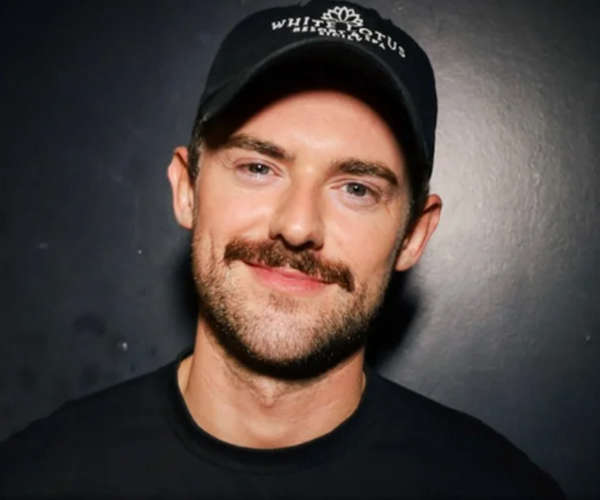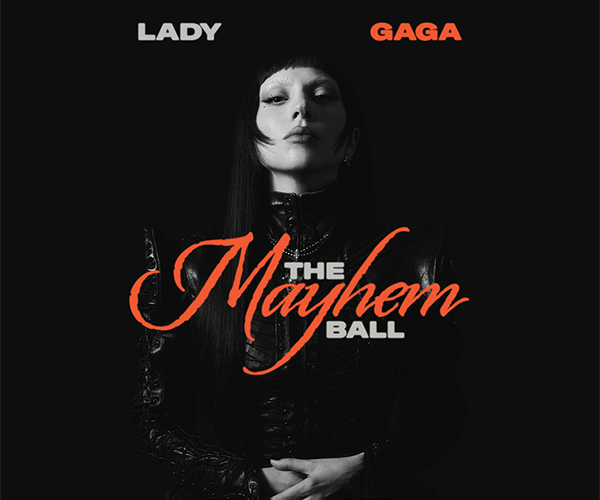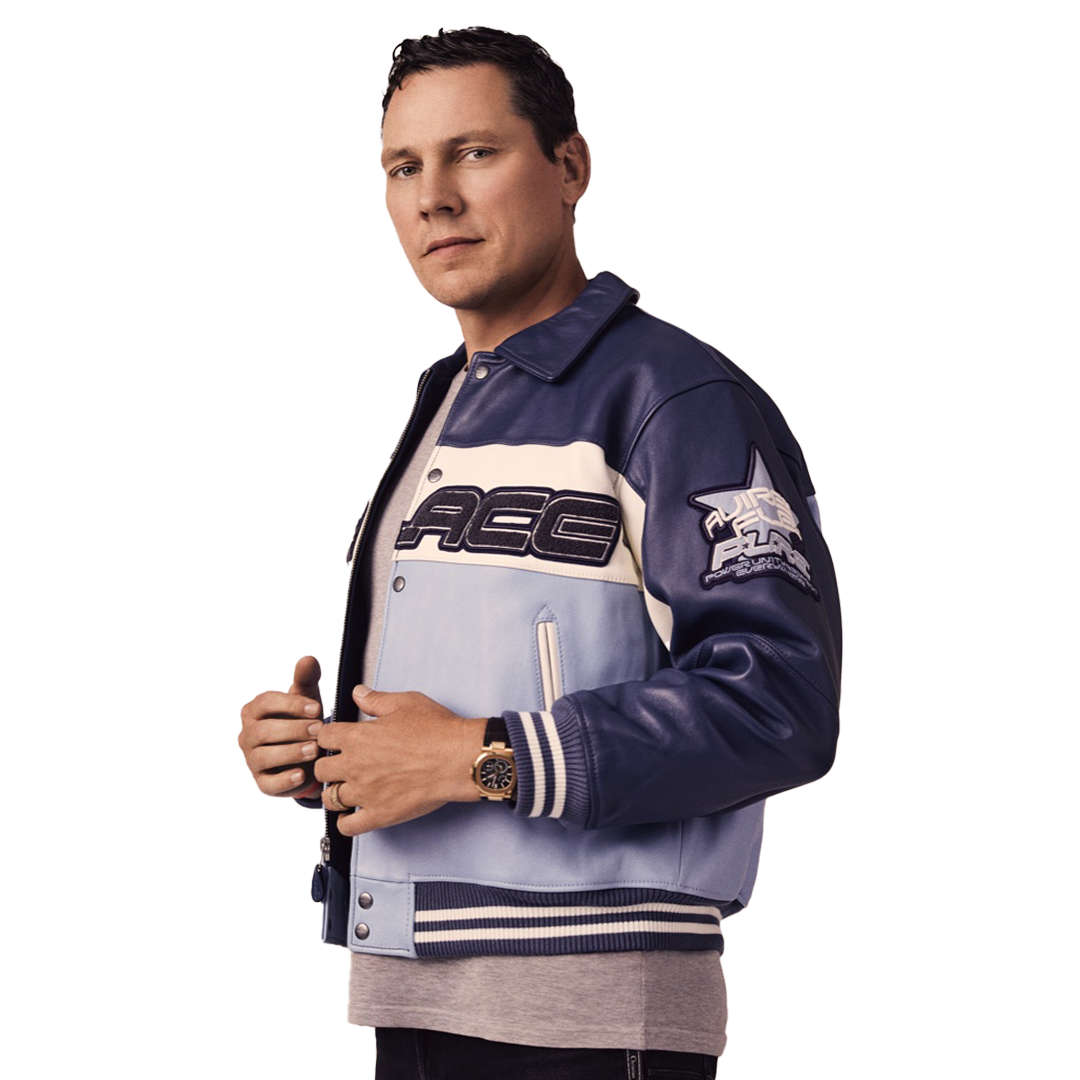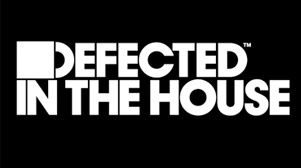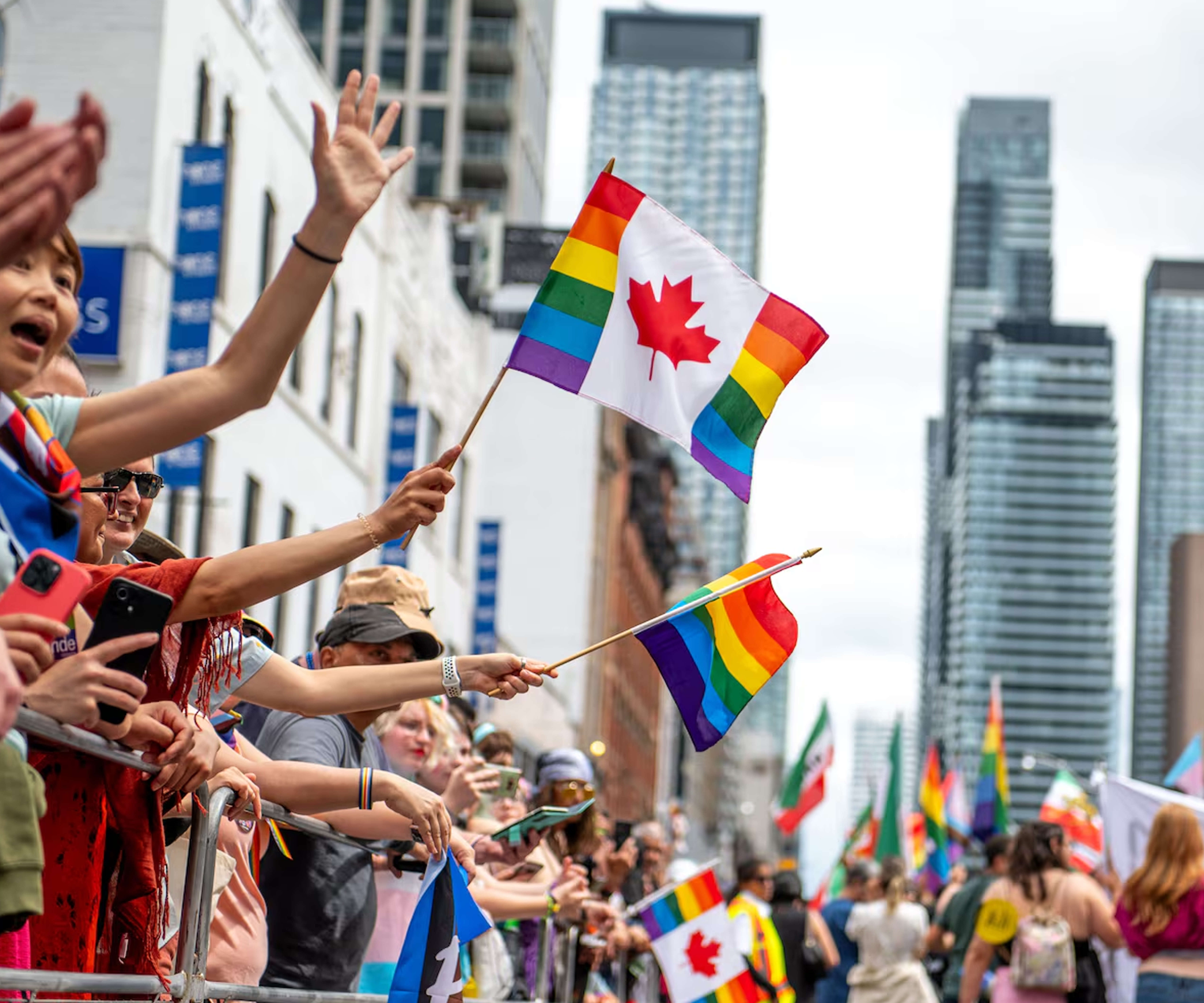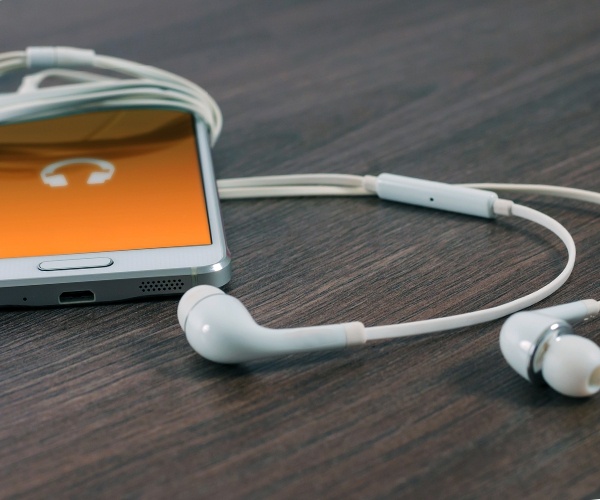No one expected penguins to bear the brunt of Liberation Day.
But among the barrage of tariffs set out by Donald Trump, the US also took aim at uninhabited islands, talked up American beef and turned its nose up at plastic eggs.
Here is what you might have missed in the US leader's expansive announcement.
Trump latest: Follow live updates
Tiny territories hit with big tariffs
At first glance, newly imposed tariffs on countries such as China, the European Union, India and the UK stand out - ranging from 34% to 10% respectively.
But the president also imposed tariffs on dozens of tiny territories - some of which don't even have human inhabitants.
One of those was the Heard and McDonald Islands, an external territory of Australia in the Antarctic that is inhabited only by penguins and seals.
Despite having no human residents - or imports and exports - the island now faces a 10% tariff for any goods bound for the US.
According to export data from the World Bank, the US imported $1.4m (£1m) of mainly "machinery and electrical" products from Heard Island and McDonald Islands in 2022.
Australian territory Norfolk Island, a volcanic island 600 miles east of Queensland, was also hit with a hefty 29% tariff on exports to the US. That's much higher than mainland Australia, which had a 10% tariff imposed.
The news was met with confusion by some of Norfolk Island's 2,188 residents.
"Norfolk Island is a little dot in the world," Richard Cottle, owner of a concrete-mixing business on the island, said on Thursday.
"We don't export anything. It was just a mistake".
Although the island does ship a modest amount of Kentia palm seeds abroad, this is typically worth less than $1m (£760,000) a year, with the products mostly going to Europe.
According to US government data, America has recorded trade deficits with Norfolk Island for the past three years.
Other tiny nations and territories were also hit with 10% tariffs, including Tokelau, a dependent territory of New Zealand, with a population of around 1,600 people, and the Cocos Islands, another territory of Australia, home to around 600 people.
Australian Prime Minister Anthony Albanese told reporters he had no explanation for the tariffs, calling them "unexpected" and "a bit strange".
'Our beef is beautiful, theirs is weak'
After announcing a 20% tariff against the European Union, Mr Trump's secretary of commerce Howard Lutnick spoke to Fox News to try to explain what was behind the decision.
In a brief but bizarre rant, Mr Lutnick spoke about the bloc's ban on imported chicken from the US.
"I mean European Union won't take chicken from America," he said.
"They will take lobsters from America... they hate our beef because our beef is beautiful and theirs is weak."
The EU has a ban on chicken washed in chlorine - a practice that is approved by the United States Department of Agriculture.
Although US beef is not completely prohibited in Europe, any beef that has been treated with artificial growth hormones - which is legal in the US and common among producers - is banned by the EU.
Why was Russia exempt?
Russia was not on Mr Trump's tariff list, despite his threat to introduce some on Russian oil imports last week.
The US president made the threat after telling NBC's Kirsten Welker he was "very angry" and "pissed off" after Vladimir Putin criticised the credibility of Ukraine's president Volodymyr Zelenskyy, as fragile peace negotiations are ongoing.
Read more:
World leaders react to Trump's tariff announcement
Do Trump's 'Liberation Day' tariff numbers add up?
Mr Trump said that if Russia was unable to make a deal on "stopping bloodshed in Ukraine" - and Mr Trump felt that Moscow was to blame - then he would put secondary tariffs on "all oil coming out of Russia".
"That would be that if you buy oil from Russia, you can't do business in the United States. There will be a 25% tariff on all oil, a 25 to 50-point tariff on all oil," he said.
Axios reported that White House press secretary Karoline Leavitt told the publication on Wednesday that Russia was left off the tariffs list because US sanctions already "preclude any meaningful trade".
Russia ran a $2.5bn goods trade surplus with the US in 2024, according to the US Trade Representative's office, falling from $35bn in 2021 as a result of sanctions put in place due to the war in Ukraine.
World's poorest nations face highest tariffs
Many of Mr Trump's tariffs have targeted the world's poorest countries.
Lesotho in southern Africa, listed as the 22nd poorest country in the world, has been slapped with the highest duty of 50%. It primarily exports diamonds and garments, with the US as one of the top five exporting destinations, Sky News' US partner network NBC News reported.
The second-highest tariff went to Cambodia at 49%, even though the US is Cambodia's largest single-country export destination.
Madagascar in east Africa, the world's ninth poorest country, will face 47% reciprocal tariffs. It primarily exports vanilla, cloves, and garments, with the US among the top five countries it exports to, according to NBC.
'Huge complexities' for Northern Ireland and the Republic
Under the 10% tariff imposed on the UK, Northern Irish goods will also be covered at the same rate.
Whereas the Republic of Ireland will subject to a 20% tariffs - which Mr Trump imposed on the entirety of the EU.
Reacting to the announcement, Ireland deputy premier Simon Harris said the tariff difference would create "huge complexities" for products that need to be carried across the border during production.
He said the issues were similar to those at play during the Brexit debate around maintaining a frictionless land border on the island of Ireland.
Mr Harris said it was on the US to "outline their understanding" on how the 10% differential between Northern Ireland and Ireland will play out.
Trump defines groceries
As has become common when delivering major addresses, the US president repeatedly deviated from his script.
At one point, he took time to define the word groceries: "It's a bag with a lot of different things in it."
He went on to describe the word as "old-fashioned" but "beautiful".
'Could you use plastic eggs?'
In another part of his wide-ranging speech, Mr Trump got onto the topic of eggs - the price of which reached an all-time high earlier this year in the US due to the outbreak of bird flu.
On Wednesday, Mr Trump confirmed that the annual White House tradition of rolling around 30,000 Easter eggs across the South Lawn is expected to proceed, and will use real eggs, despite pleas for plastic ones to be used instead.
"They were saying that for Easter 'Please don't use eggs. Could you use plastic eggs?' I say, we don't want to do that," Mr Trump said.
He did not clarify who was telling him not to use real eggs.

(c) Sky News 2025: Island home only to penguins hit by tariffs - and other things you may have missed on 'Libe
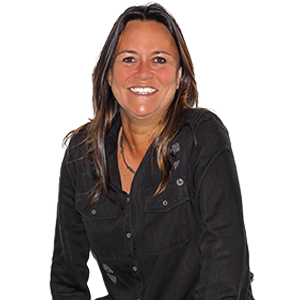
 Court confirms sacking of South Korean president who declared martial law
Court confirms sacking of South Korean president who declared martial law
 Stock markets suffer sharp drops after Donald Trump announces sweeping tariffs
Stock markets suffer sharp drops after Donald Trump announces sweeping tariffs
 Trump's tariffs are about something more than economics: power
Trump's tariffs are about something more than economics: power
 Israeli airstrike kills at least 27 sheltering at Gaza school, says Hamas-run health ministry
Israeli airstrike kills at least 27 sheltering at Gaza school, says Hamas-run health ministry
 UK in talks with Brazil over 'potential sale' of two Royal Navy amphibious assault ships
UK in talks with Brazil over 'potential sale' of two Royal Navy amphibious assault ships
 Donald Trump announces sweeping global trade tariffs - including 10% on UK imports
Donald Trump announces sweeping global trade tariffs - including 10% on UK imports
